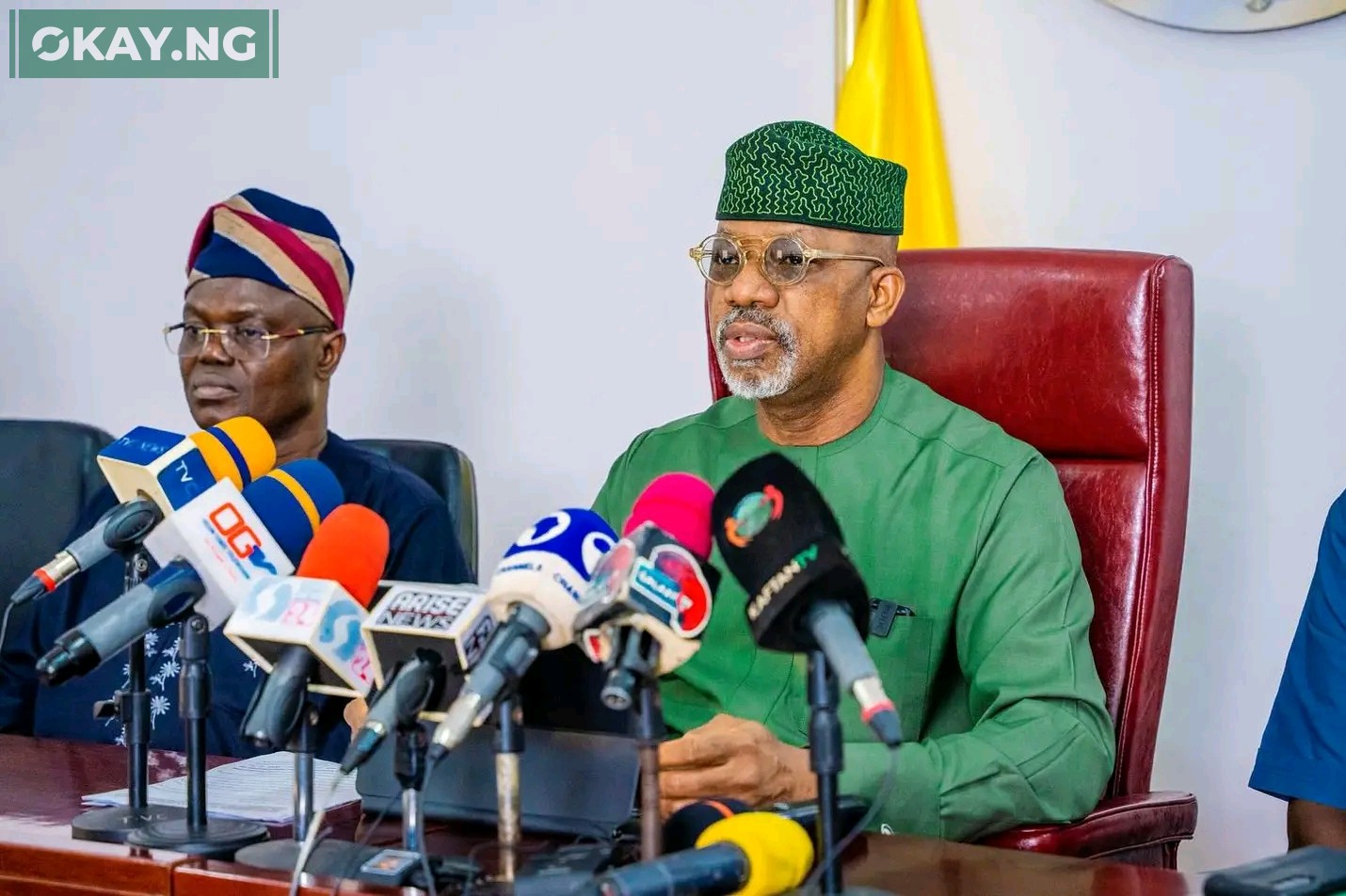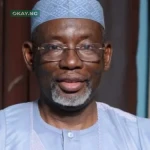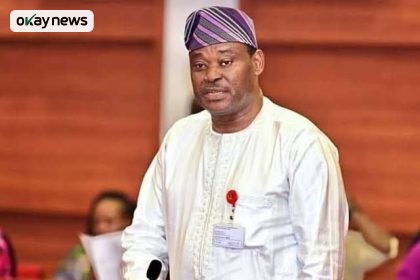Ogun State Governor, Dapo Abiodun, has emphasized that tackling poverty and advancing national development cannot be the sole responsibility of government but requires a collaborative approach involving faith-based institutions, the private sector, and individuals.
Speaking in Lagos on Tuesday at the 12th Annual Public Lecture of the Foursquare Gospel Church Nigeria, themed “Poverty Alleviation, Economic Development and Stability of the Nigerian Economy”, Governor Abiodun said governance is too complex for any government to handle alone.
“The burden of governance cannot be shouldered by government alone, and the church has effectively demonstrated this belief through its initiatives,” he remarked, commending the church for its role in building schools, hospitals, empowerment schemes, and humanitarian projects.
He explained that sustainable economic growth is inseparable from stability, noting that inclusivity must remain at the heart of poverty reduction strategies. “Economic development and stability are two sides of the coin. Without stability, the economy is short-lived. Without development, poverty persists. As leaders, whether in the government, church or private sector, we must collaborate to break the cycle because poverty is not just an economic statistic, it is a human reality. We must care for the vulnerable,” Abiodun stated.
General Overseer of Foursquare Gospel Church Nigeria, Rev. Sam Aboyeji, in his welcome speech, reinforced this message, stressing that development is impossible without deliberately confronting poverty. “Poverty is one of the greatest challenges confronting Nigerians today, and it can only be removed or minimised through a collective battle by government, faith-based organisations, committed parastatals, and individuals,” he said.
Delivering the lecture, Dr. Doyin Salami, Senior Fellow and Associate Professor at Lagos Business School, warned that Nigeria’s 3.2 percent economic growth is insufficient to reduce poverty, insisting that at least 6.5 percent annual growth sustained for a decade is needed to make progress.
He further warned against Nigeria’s overreliance on services rather than industrial growth, saying it deepens de-industrialisation and undermines sustainable economic prospects.
okay.ng reports that Salami drew a sharp comparison with China, recalling that in 1992 Nigeria’s poverty levels were better than China’s, but by 1996 China had drastically reversed its fortunes while Nigeria lagged behind.







